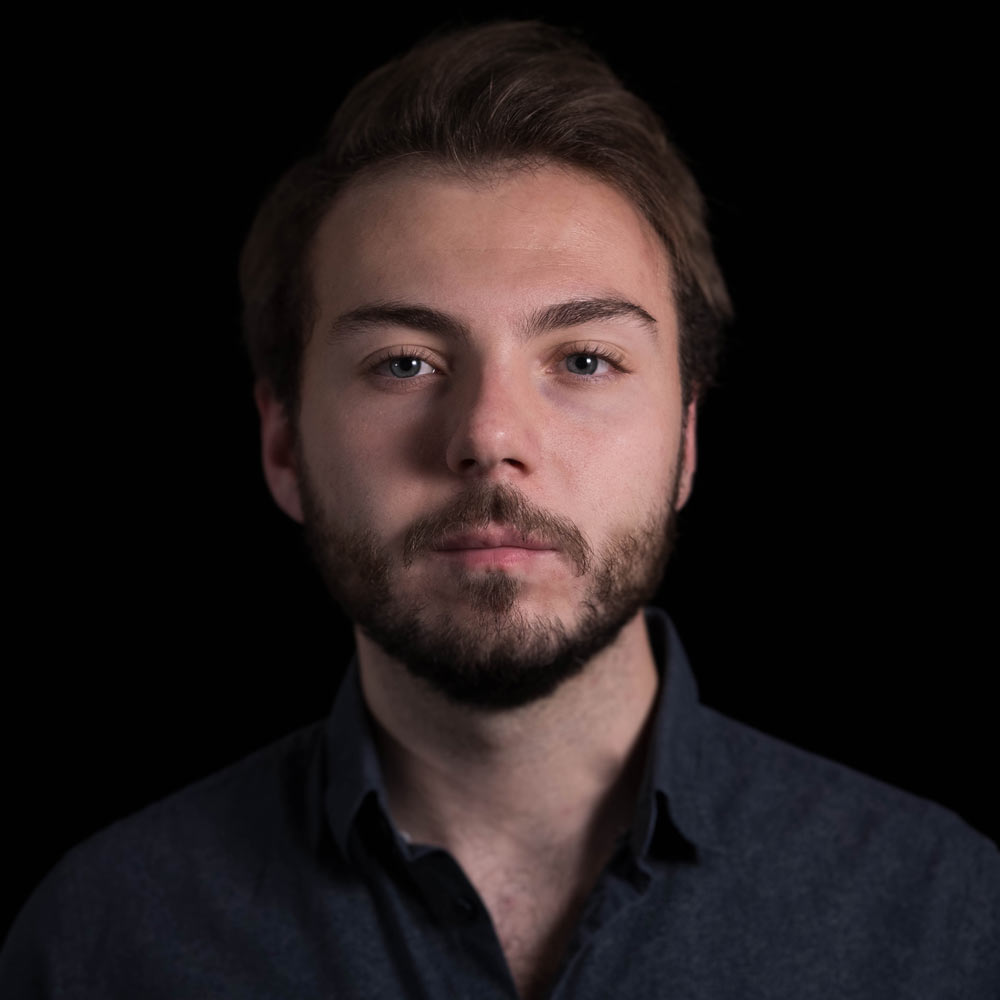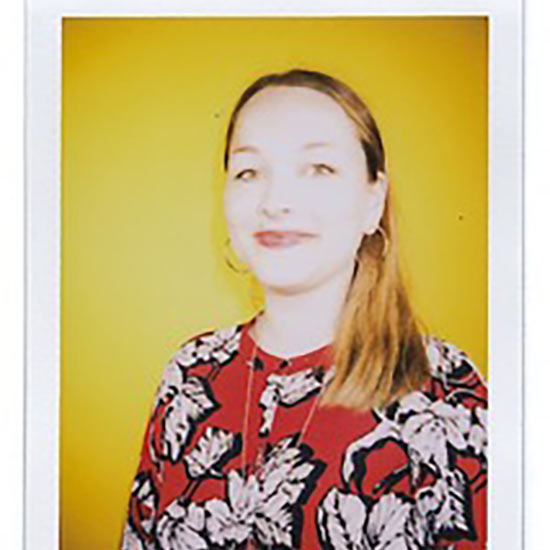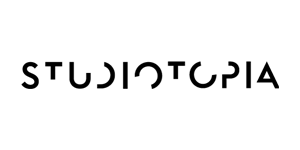The world is at a crucial turning point in the fight against climate change. Every decision counts to achieve the goal of climate neutrality by 2050 and limit the global temperature rise to 1.5°C. Not all solutions can be scaled up or down easily, and often specific local conditions make the implementation of systems successfully used in other climatic, economic or cultural contexts difficult or impossible.
This panel features a series of innovative approaches and promising solutions of sustainable technologies specially developed and adapted to local needs and conditions—hydropower facilities that adapt to the natural waterflow in order to eliminate flood risk and the harm of aquatic life; a revolutionary solar-powered refrigerator in Rojava that combines local traditions with futuristic design; and the Sandoponic gardening system that successfully grows vegetables in the desert sand in the Sahrawi refugee camps.
Bios
-
 Photo: Andrei Baicu
Photo: Andrei BaicuAndrei Baicu
BE
Andrei Baicu is the Head of Marketing at Turbulent, advocating the potential of small-scale hydropower systems. With a background in digital communications and an affinity for audiovisual arts, he creates material that bridges the gap between cleantech concepts and a wider audience. His work with Turbulent not only promotes innovative energy solutions but also empowers communities to embrace a sustainable future.
-
 Photo: Jochem Weststrate
Photo: Jochem WeststrateDani Ploeger
NL
Dani Ploeger is an artist and cultural critic who explores situations of conflict and crisis on the fringes of hi-tech consumer culture. His work has been presented at the Venice Architecture Biennale, London Film Festival, Nairobi National Museum and ZKM. He received his PhD from the University of Sussex and is Professor of Performance and Technology at the University of Music and Theatre Munich. In 2022, he initiated the Rojava Center for Democratic Technologies in northeast Syria.
-

Katharina Meyer
DE
Katharina is Director of the Digital Infrastructure Insights Fund, supporting research on digital commons. As historian of technology and science, she investigates immaterial infrastructures like software, data, and their relations to sustainability. She was curator at re:publica & led research at Sovereign Tech Fund as well as The New Institutes New Hanse program, focusing on citizen-centered green cities through collaborative data projects between public and private stakeholders. She regularly engages with artists on exhibitions and documentaries.
-

Mohamed Sleiman Labat
EH
Mohamed Sleiman Labat is a Sahrawi multidisciplinary artist, filmmaker, writer and translator. Born and raised in the Sahrawi refugee camps in southwest Algeria, he now runs Motif Art Studio; a small art space built entirely from discarded materials from the destructive floods that hit the Tindouf refugee camps in 2015. His art draws upon the past and present of the Sahrawi people. He explores these interconnected topics through different art practices including film, writing and community-based art.
Credits
Presented in the context of the Studiotopia project. Studiotopia is co-funded by the Creative Europe Programme of the European Union.


